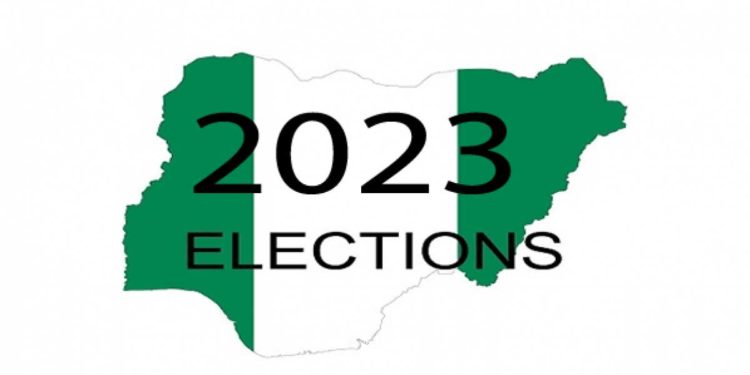One of the governance issues agitating the minds of most Nigerians as the political scene goes into overdrive is the autonomy of the local government system. The gross neglect, if not abuse, of that tier of government is one of the reasons why the nation is where it is in terms of development especially at the grassroot level.
The local government is the closest and most accessible government to the citizens. But unfortunately, that governance stratum, in Nigeria, is in a mess as it has been reduced to the level subservience by other levels of governance such as the federal and, especially, the state. They have been subdued and pocketed by the various state governments arm-twisting and misappropriating their statutory allocation.
The situation in most states today is a deliberate policy that denies the local governments political and financial autonomy. Experts also believe that the insecurity in the country is at the present alarming rate because the local government system has been grossly neglected.
The major threat to financial autonomy of local governments in Nigeria can be found in the sub-sections of Section 162 of the 1999 Constitution (As Amended).
Sub-section (5) says, “The amount standing to the credit of Local Government Councils in the Federation Account shall also be allocated to the State for the benefit of their Local Government Councils on such terms and in such manner as may be prescribed by the National Assembly.”
Also, according to sub-section (6), “Each State shall maintain a special account to be called “State Joint Local Government Account” into which shall be paid all allocations to the Local Government Councils of the State from the Federation Account and from the Government of the State.”
Sub-section (7) states, “Each State shall pay to Local Government Councils in its area of jurisdiction such proportion of its total revenue on such terms and in such manner as may be prescribed by the National Assembly.” While sub-section (8) says, “The amount standing to the credit of the Local Government Councils of a state shall be distributed among the Local Government Councils of that state on such terms and in such manner as may be prescribed by the House of Assembly of the state.”
The only way out of the mess the local governments are currently in will be a comprehensive amendment of the Constitution. If the amendment is approved, it will go a long way to strengthen governance, accountability and service delivery at the local government level.
What’s more, the amendment will help, for instance, to strengthen primary education through improved funding that will entail joint contribution from the states and local governments as against the current abdication by states.
The LG autonomy was among the 44 alteration bills which the National Assembly transmitted to the 36 State Houses of Assembly in March 2022 for concurrence.
The bills deal with major issues on development, governance, politics and the economy. It touches on issues which include the abrogation of the state and local government joint account, financial independence of state legislatures and judiciary.
What is required is a simple majority in at least 24 states out of the 36 State Houses of Assembly. Unfortunately, only seven out of the 36 states have passed the local government autonomy. They are Abia, Anambra, Delta, Katsina, Kogi, Ogun and Osun.
According to report, Lagos State rejected local government autonomy. While the remaining 28 other states are yet to decide on the issue. However, feedback from the states, shows that Bayelsa, Borno, Cross River, Enugu, Jigawa, Kano, Niger and Oyo are likely to pass the LG autonomy bill. Adamawa and Nasarawa states may pass financial autonomy and reject administrative autonomy. And of what use will that be?
The fact remains that attaining local government autonomy is key to sustainable grassroots development. This why we consider it disheartening that almost all the candidates running for elections in 2023 are avoiding the issue of LG autonomy like leprosy or any other plague for that matter. Of all the 18 political parties, only one has passively mentioned the issue in its economic development action for the country.
In our view, the electorate should only vote for candidates that will ensure local government autonomy. As the general election draws closer, Nigerians should vote only politicians that have a clear agenda to liberate the local government system by granting them the full administrative and financial autonomy.
It is imperative to state, in our opinion, that this is not a favour but a duty if the rural population is to have an opportunity to experience development in the real sense of the term. What is going on now at that level of development structure is tokenism that is unacceptable.



